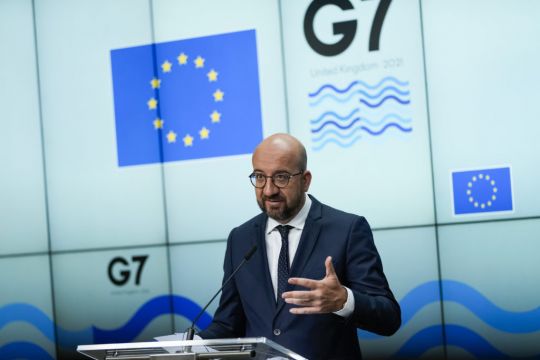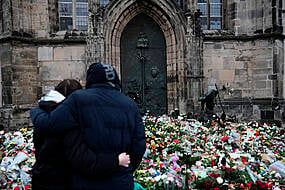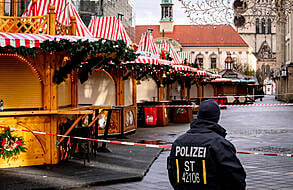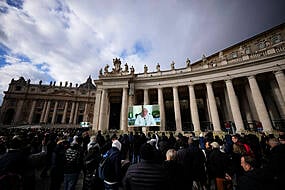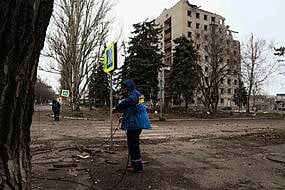Top European Union officials have vowed to use all available measures to ensure the UK respects the terms of its Brexit agreement with the bloc as tensions rise over trade involving Northern Ireland.
“It is paramount to implement what we have decided. This is a question of rule of law,” European Council President Charles Michel said.
“We will use all the tools we have in order to make sure that we defend our interests and to protect the integrity of the single market.”
In an effort to defuse the row, Mr Michel and European Commission President Ursula von der Leyen are set to hold talks with Prime Minister Boris Johnson on the sidelines of a summit of the Group of Seven major powers in Cornwall.
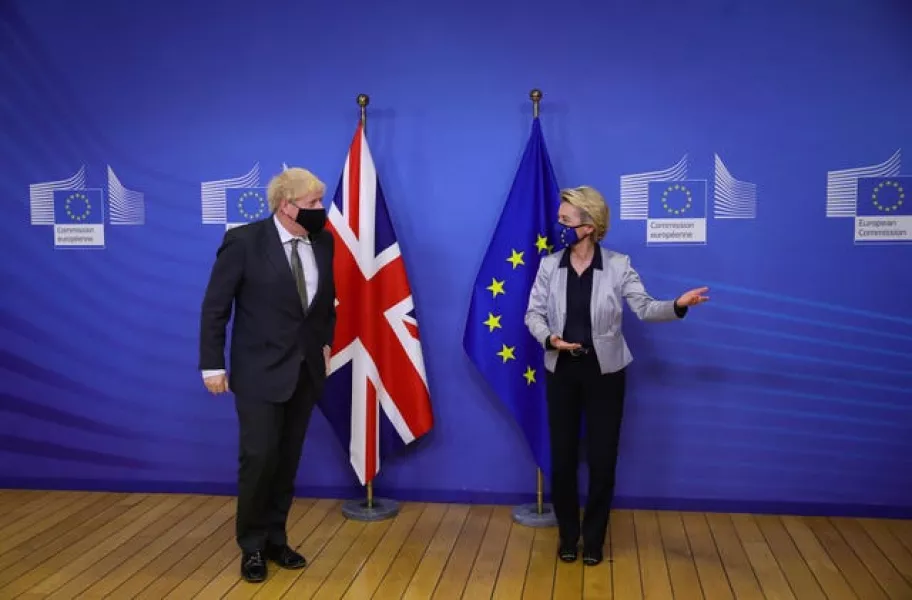
The row centres on provisions of the Brexit deal that essentially created a regulatory border between Northern Ireland and the rest of the United Kingdom.
That angered many pro-British residents of Northern Ireland who reject anything that threatens their status as part of the UK.
The Northern Ireland Protocol was designed to keep the peace there by ensuring that trade with the Republic of Ireland continued to flow freely after Britain left the bloc. The protocol requires Britain to check certain goods shipped to the region from elsewhere in the UK.
Earlier this year, the UK Government unilaterally delayed some of those inspections, saying it needed more time to put the right systems in place.
The EU threatened legal action over what it saw as a breach of Britain’s international obligations but now the UK Government is considering further delays.
Ms Von der Leyen told reporters that the EU has “shown flexibility, we will show flexibility, but the protocol and the (Brexit) Withdrawal Agreement has to be implemented completely”.
She said the EU is “determined to do everything to keep peace and stability on the island of Ireland. It is important that there is deep respect for the protocol, that we protect it.”
Ms Von der Leyen said the bloc would not hesitate to use remedies laid out in the Brexit agreement, including referring the dispute to an arbitration panel, which could hit the UK with financial sanctions, or by the EU imposing punitive tariffs on imports of goods from Britain.
